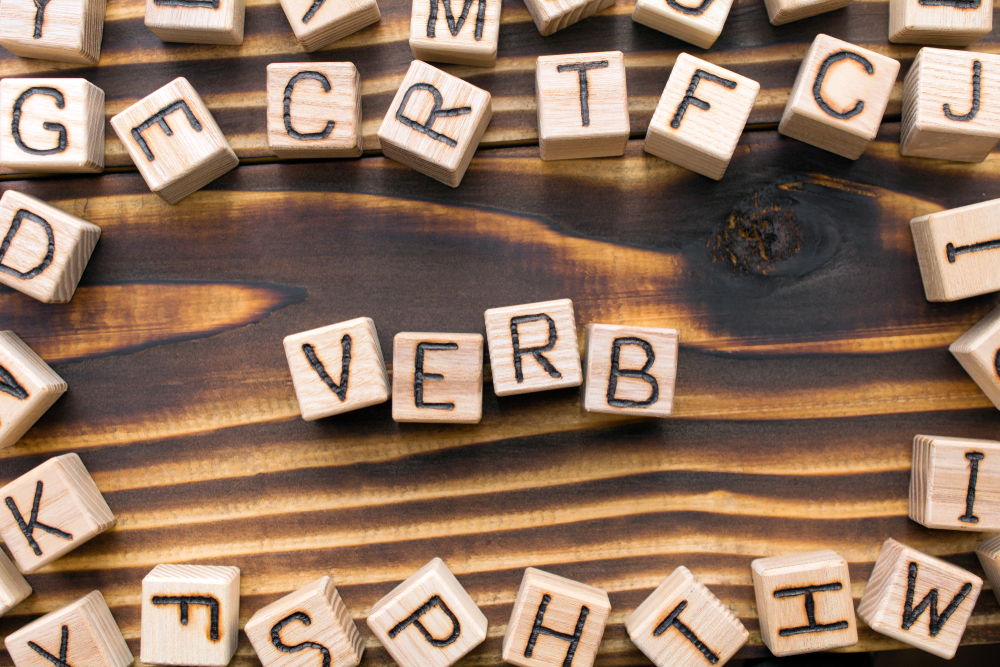Developing critical thinking Worksheets for Ages 4-9
11 filtered results
-
From - To
Nurture young minds with our "Developing Critical Thinking Worksheets for Ages 4-9." Designed to stimulate and challenge, these engaging activities help children build essential problem-solving skills through fun puzzles, thought-provoking questions, and creative exercises. Perfect for preschoolers through third graders, our worksheets foster logical reasoning, decision-making, and independent thinking. Empower your child to analyze situations, draw conclusions, and think outside the box. Our expertly-designed, age-appropriate materials provide the perfect blend of education and entertainment, ensuring a solid foundation for future academic success. Download today and watch your child thrive intellectually!
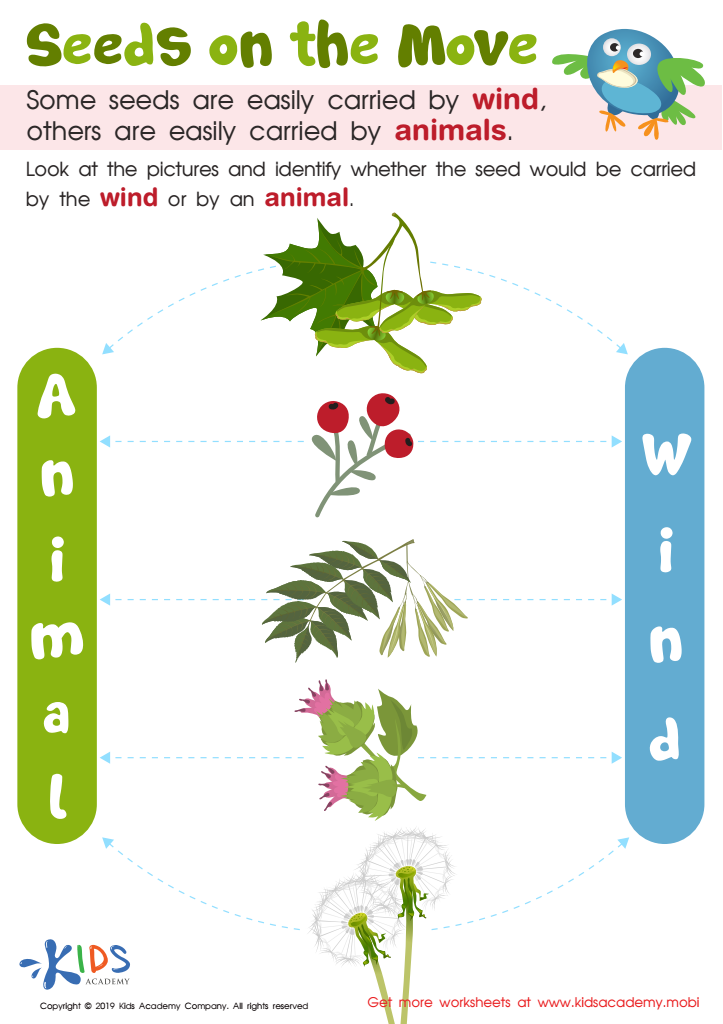

Seeds on the Move Worksheet
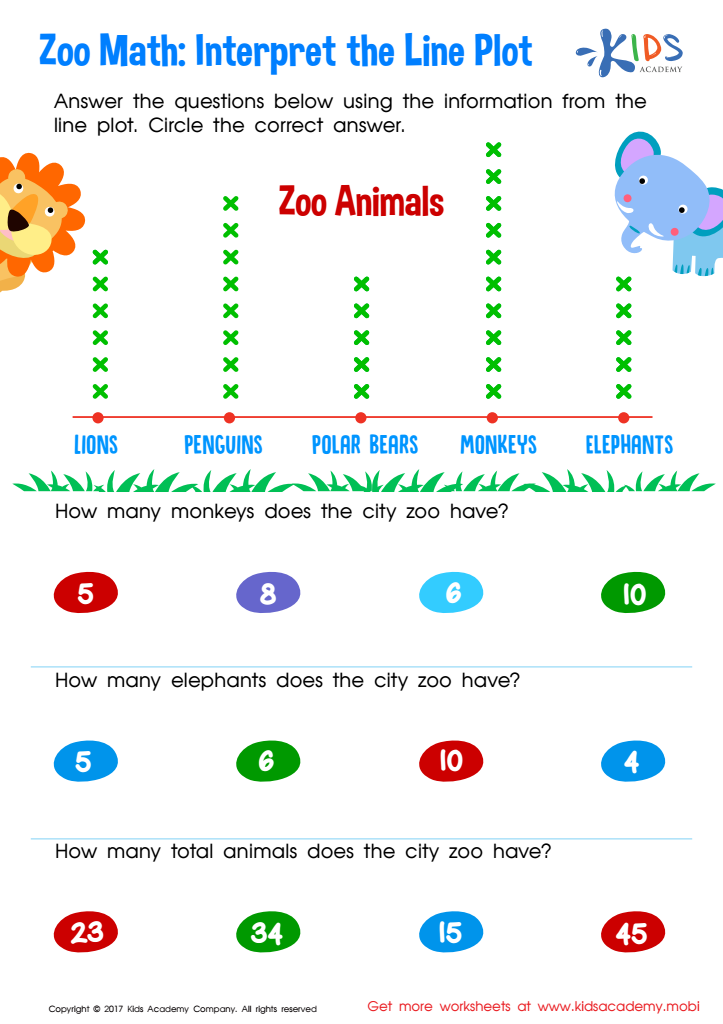

Interpret Line Plot Worksheet
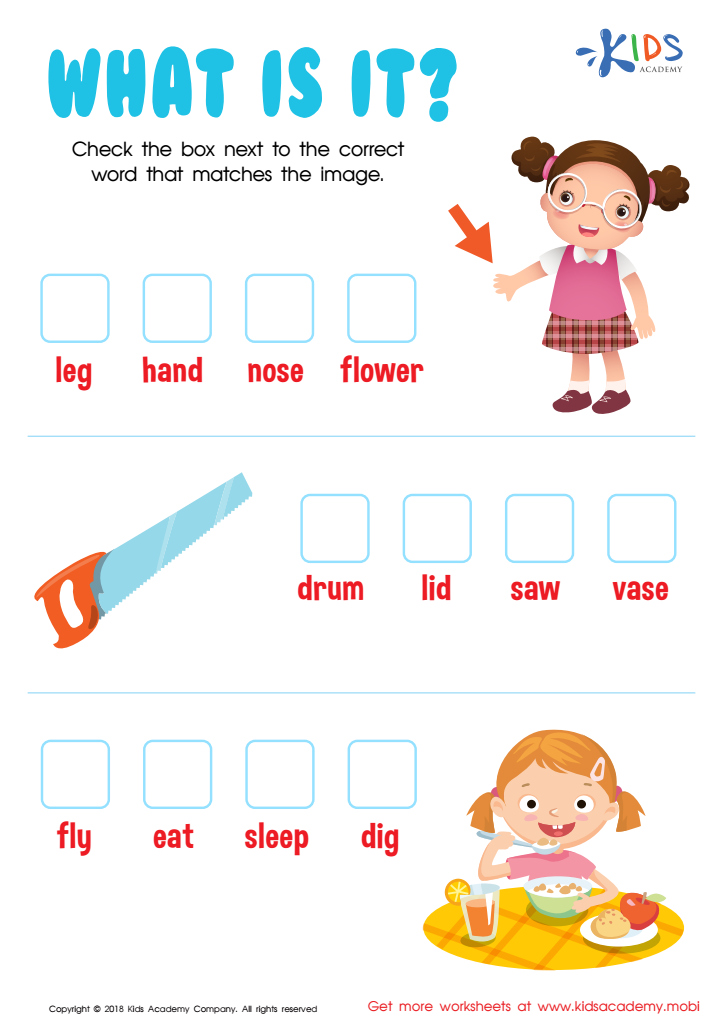

What Is It? Worksheet
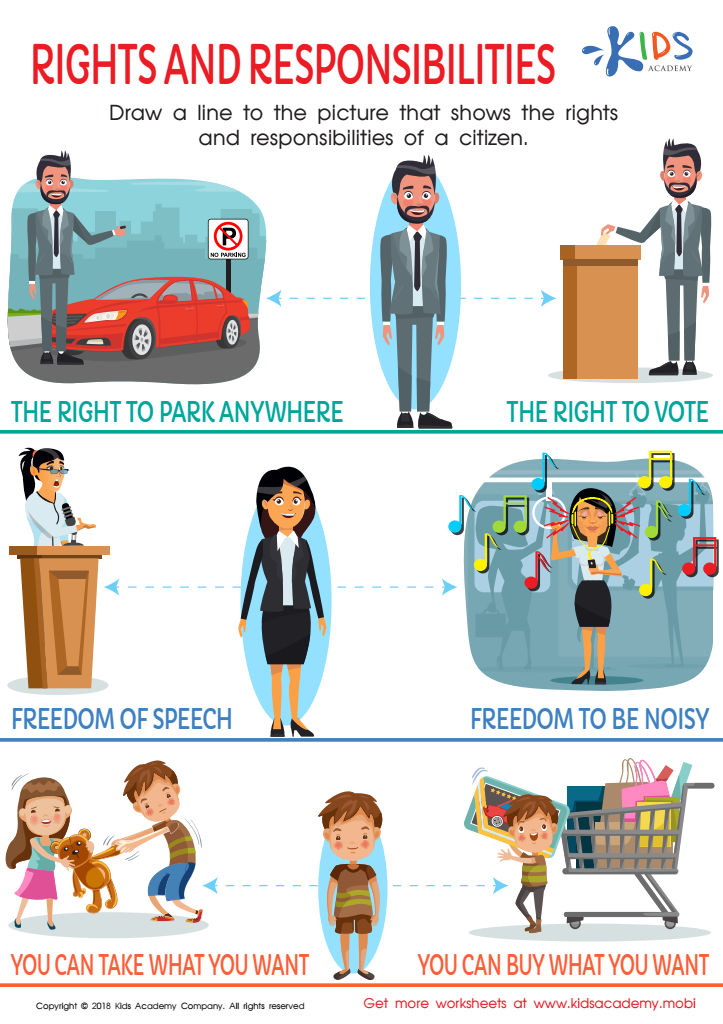

Rights and Responsibilities Worksheet
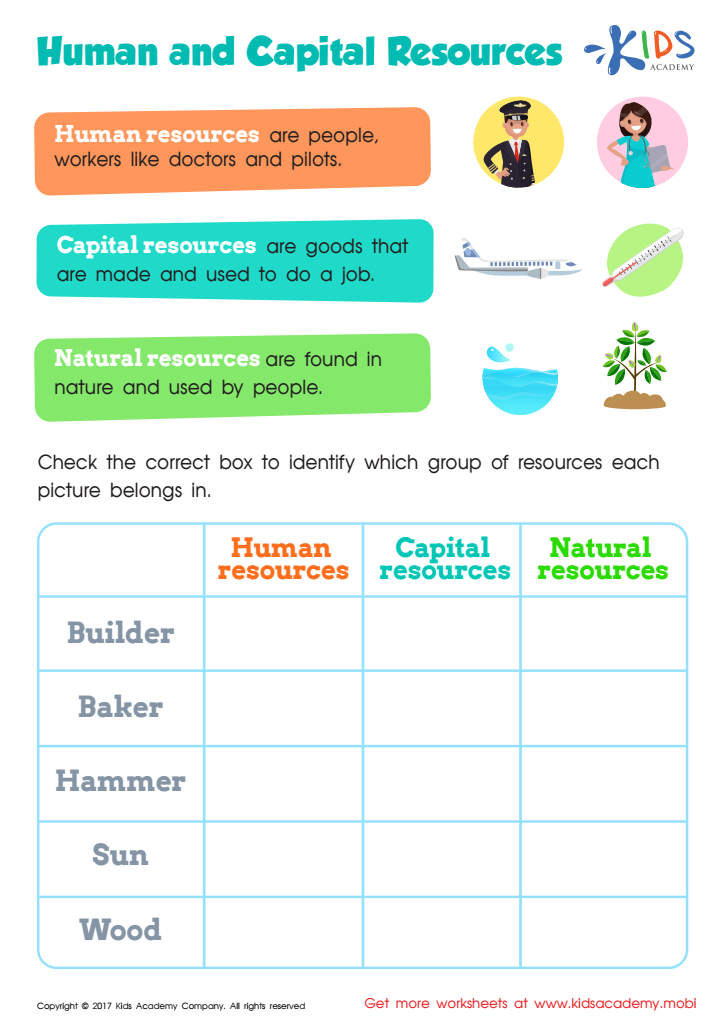

Human and Capital Resources Worksheet
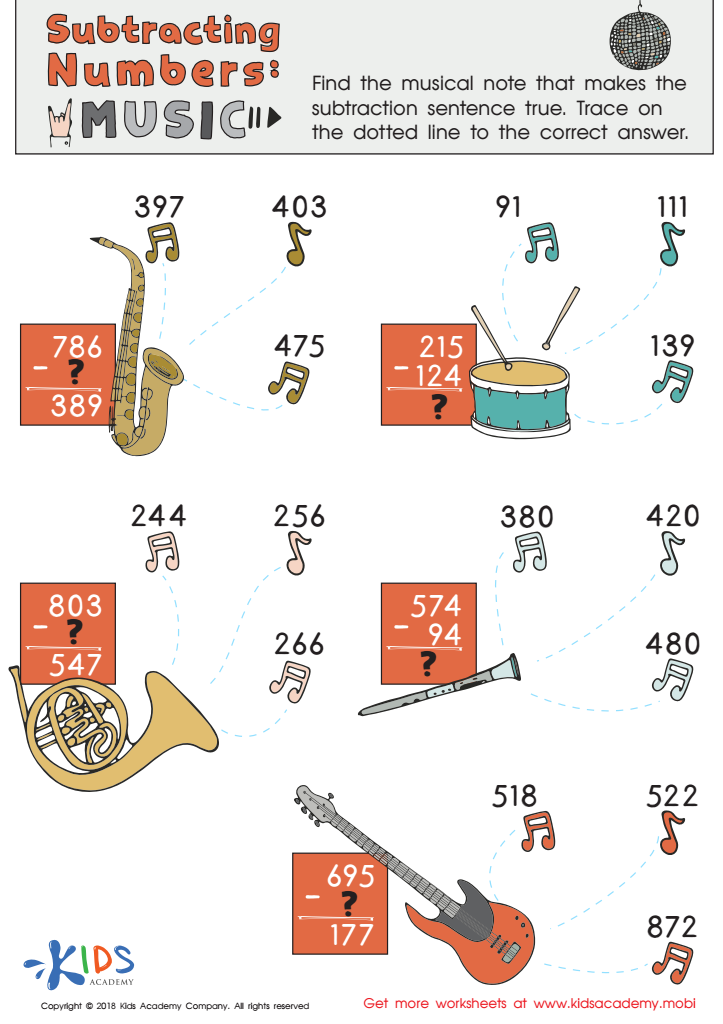

Subtracting Numbers: Music Worksheet
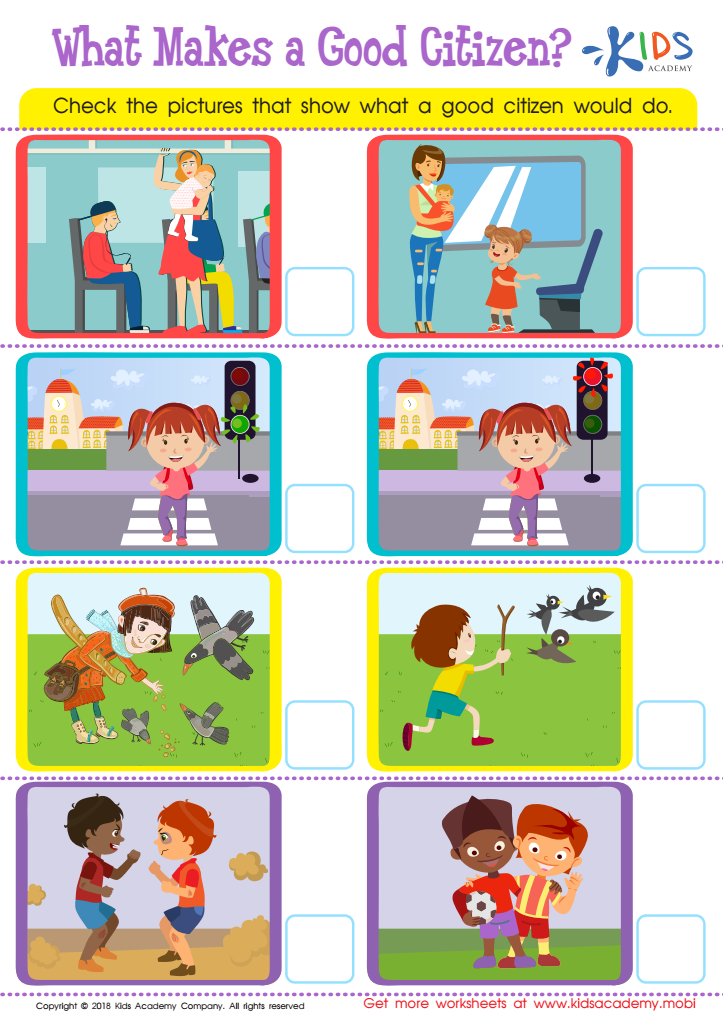

What Makes a Good Citizen? Worksheet
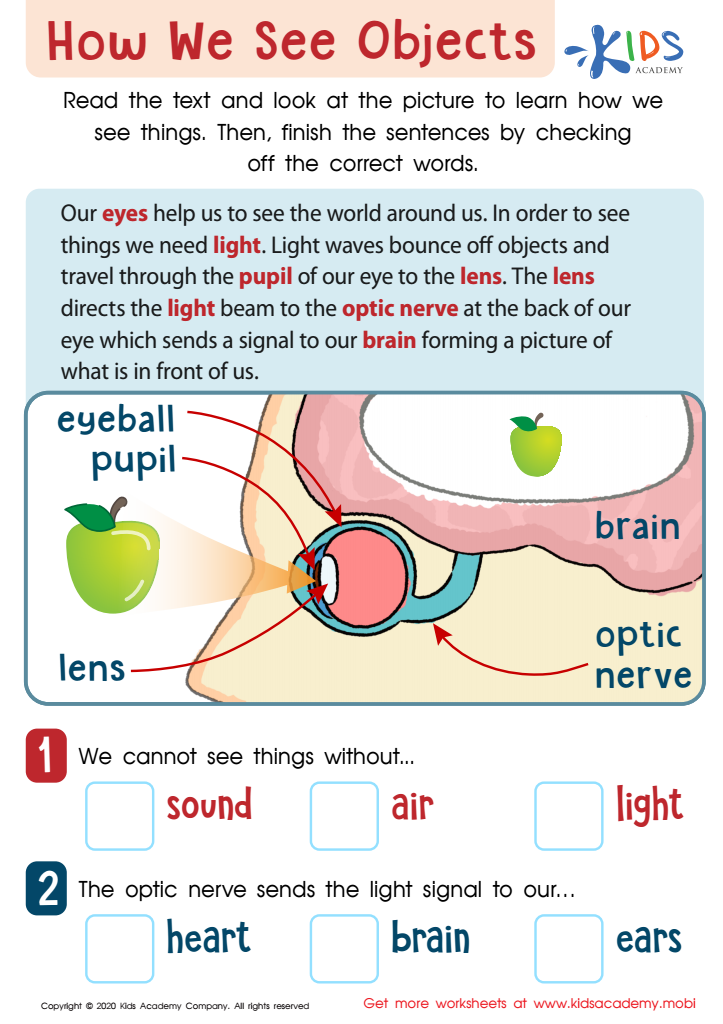

How We See Objects Worksheet
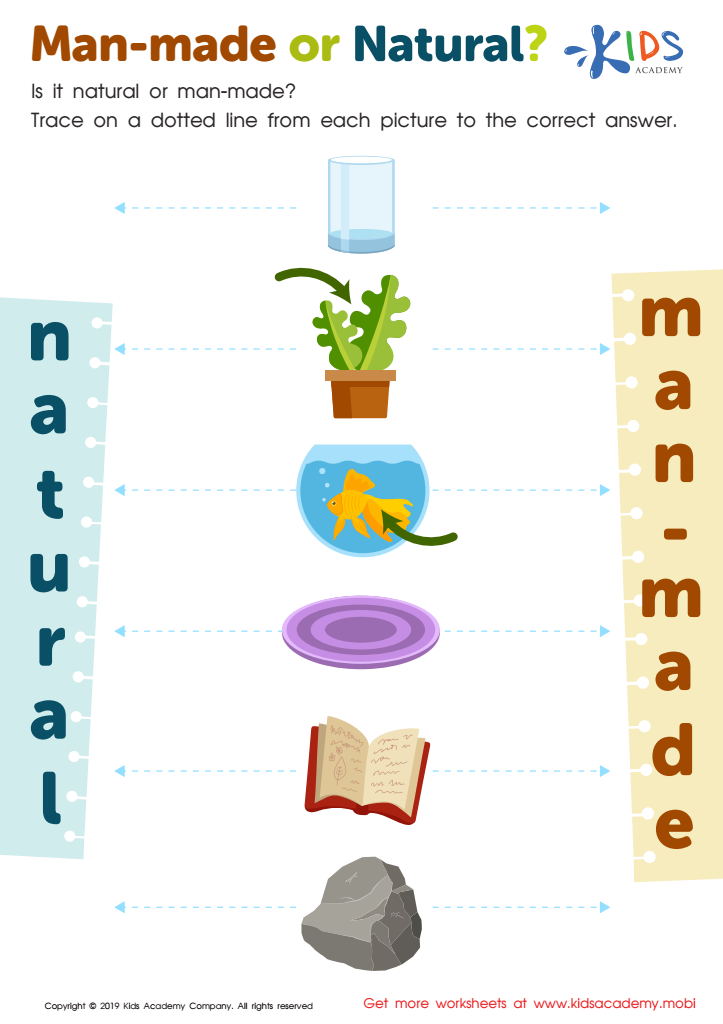

Man-Made or Natural? Worksheet
Developing critical thinking skills in children ages 4-9 is crucial as it sets a strong foundation for lifelong learning and decision-making. At this tender age, young minds are highly impressionable, and nurturing their ability to think critically helps in cultivating problem-solving skills, curiosity, and independent thinking.
Critical thinking allows children to analyze information, understand different perspectives, and draw logical conclusions. This becomes important as they encounter various learning situations and social interactions in school. By encouraging critical thinking early on, parents and teachers can help children navigate through academic subjects more effectively, fostering better comprehension and retention of information.
Moreover, critical thinking equips children with the ability to question and evaluate their surroundings. This habit is essential for fostering creativity and innovation, as kids learn to connect ideas and envision new possibilities. It also helps them discern right from wrong, making informed choices rather than easily succumbing to peer pressure.
In essence, critical thinking is like a mental toolkit that can enhance a child's academic success, social skills, and emotional intelligence. Parents and teachers who prioritize developing these skills watch children grow into confident, curious, and capable individuals who contribute positively to society. Hence, fostering critical thinking from an early age is an invaluable investment in a child's future.
 Assign to My Students
Assign to My Students


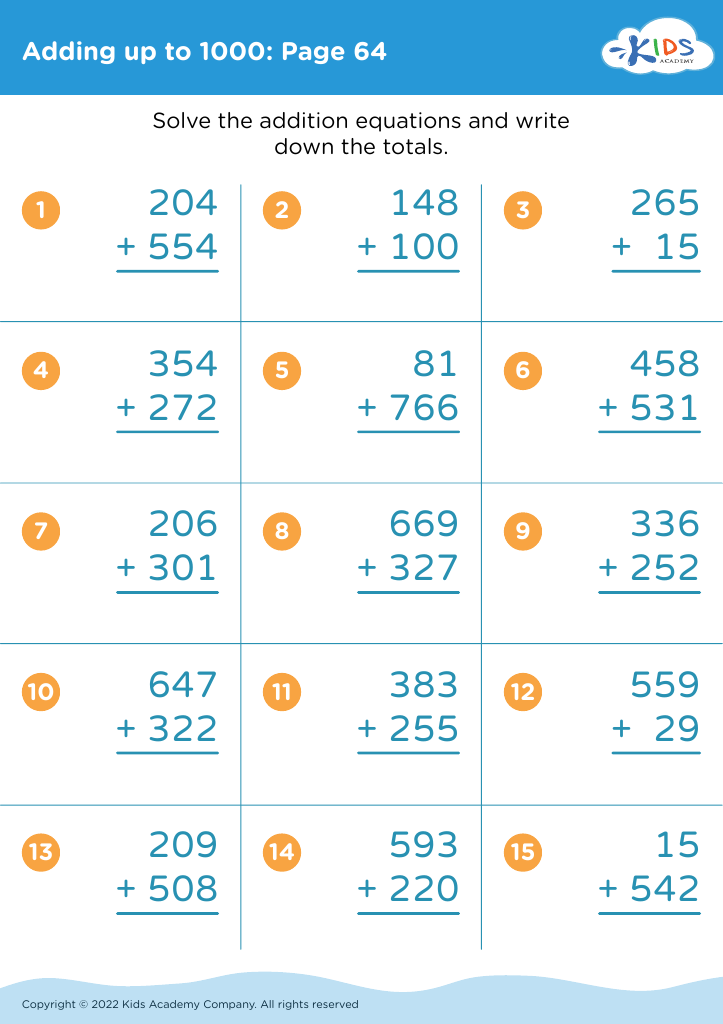





.jpg)
